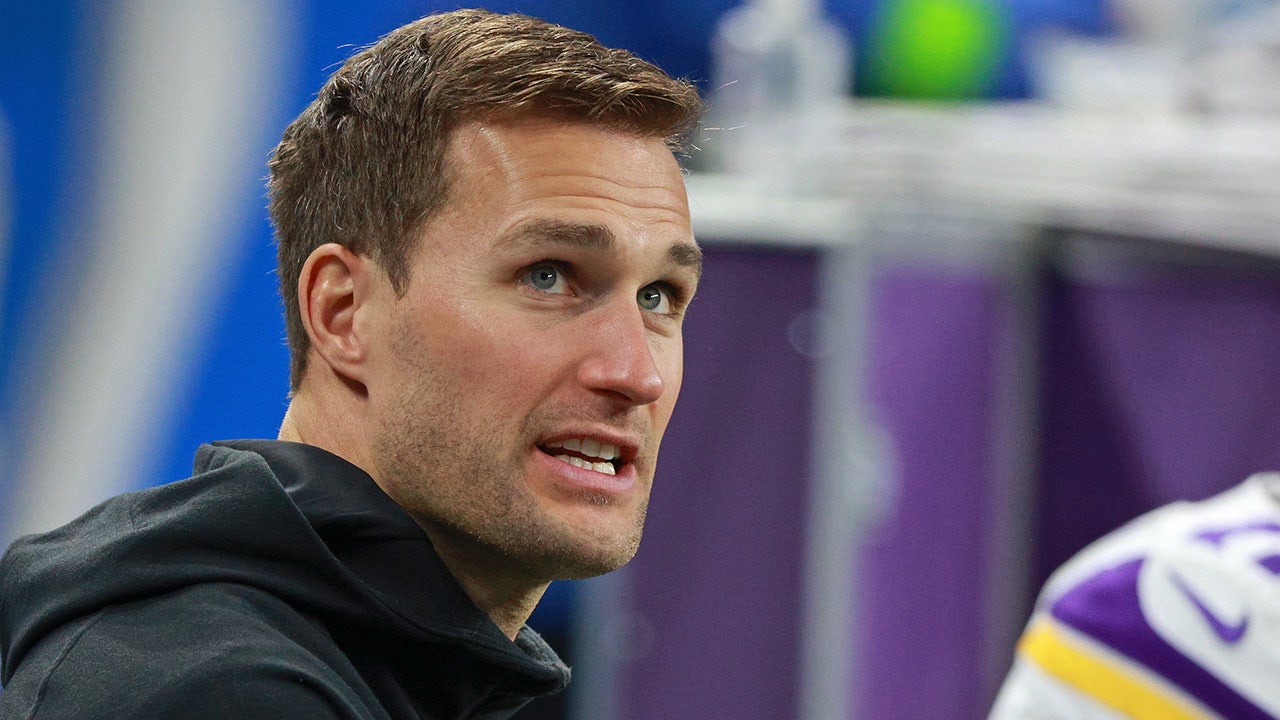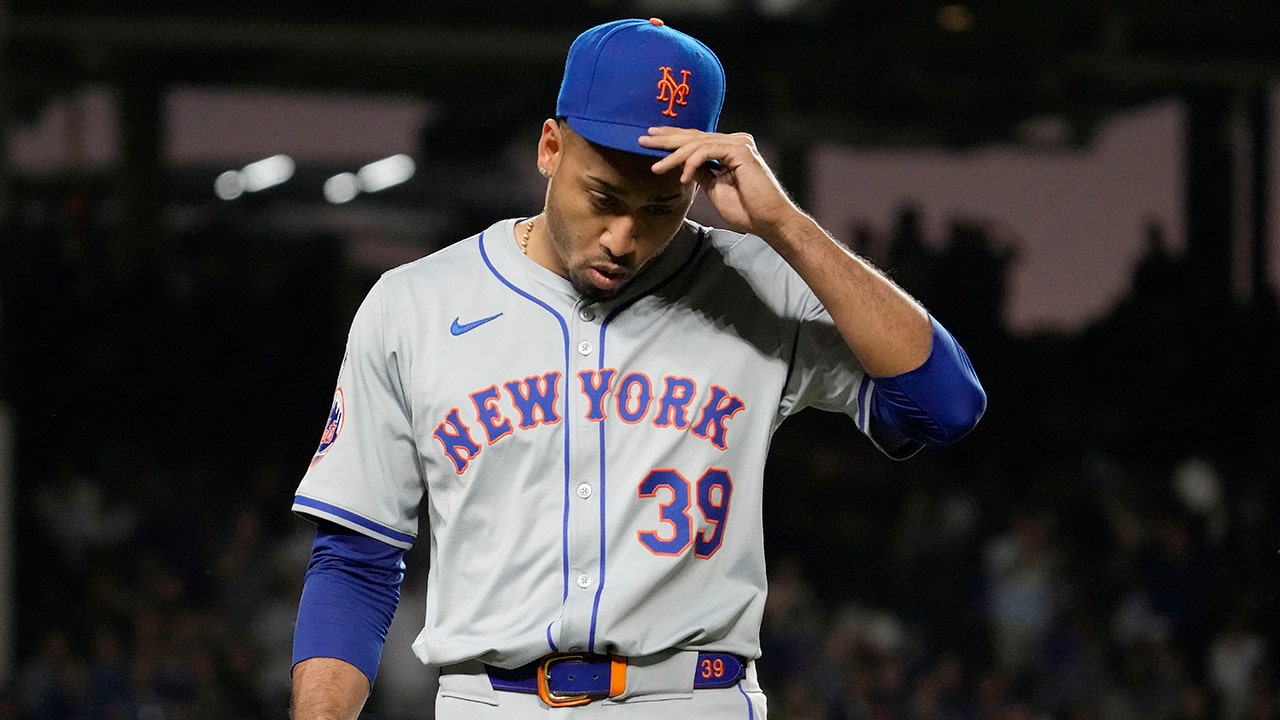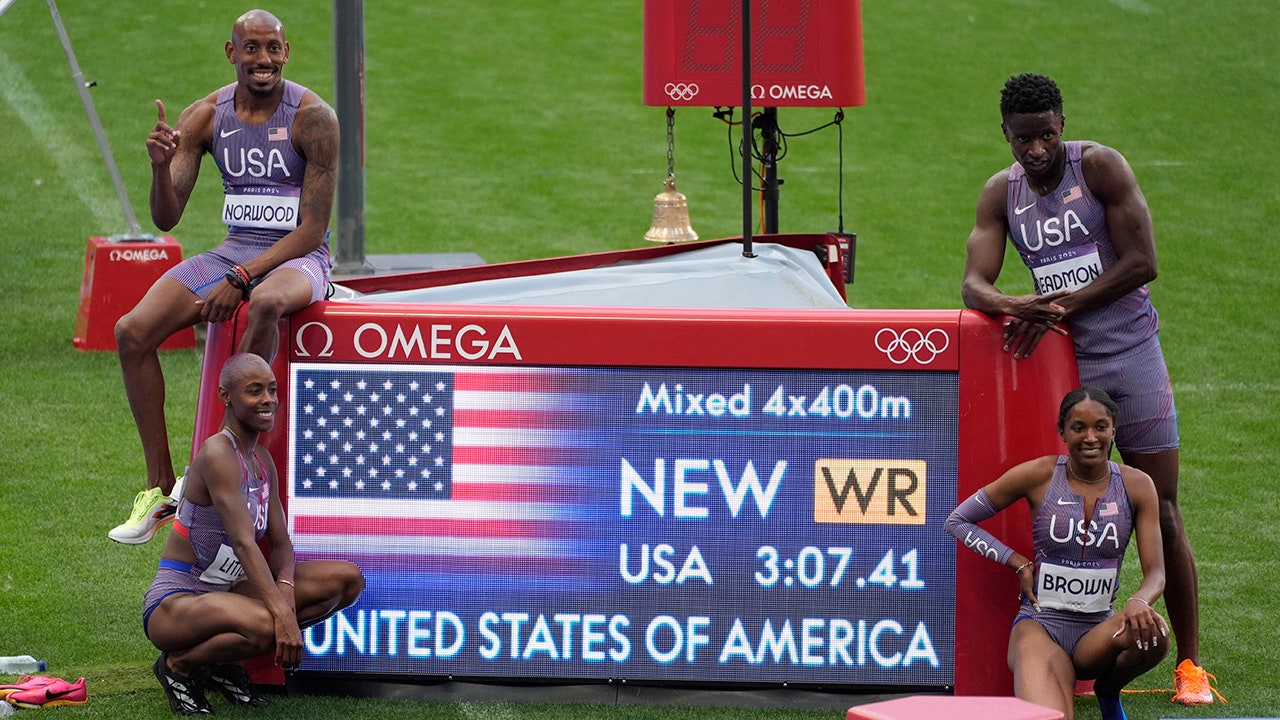When Chris Evert arrived in Paris for the 1973 French Open, she was an 18-year-old making just her second trip out of the United States. So she is still baffled as to why Philippe Chatrier, then the president of the French Tennis Federation, decided to take her and her mother, Colette, to Le Lido, the legendary burlesque theater on the Champs-Élysées.
“He took us to dinner, and it was a dance club with half-naked women,” Evert said by phone from her Florida home in April. “They had their breasts showing. My eyes were like saucers. I had never been exposed to anything so sophisticated like that.”
For Bjorn Borg, the ultimate Paris experience was celebrating his first French Open championship in 1974 with a private dinner in the Eiffel Tower.
It has been more than a half century since Borg and Evert first played the French Open, but this year marks the 50th anniversary of their winning their first major championships in Paris. Evert went on to capture 18 Grand Slam singles titles, including a record seven at the French Open, six at the United States Open, three at Wimbledon and two at the Australian Open. Borg won six French Opens from 1974 to 1981 and five consecutive Wimbledons from 1976 to 1980.
Borg was just days shy of his 17th birthday when he lost to Adriano Panatta in the round of 16 at the French Open in 1973, only his second appearance at a major after a first-round loss at the 1972 U.S. Open.
“When I started to play tennis at 8, 9 years old, I had three dreams,” Borg, who will turn 68 in June, said from his home outside Stockholm. “One was to play Davis Cup for Sweden, one was to walk on Centre Court at Wimbledon and the third dream was to win a Grand Slam tournament. Those were my dreams when I was hitting the ball against the wall. So, it meant a lot for me to come to Paris and play my first match in that beautiful stadium.”
After reaching the semifinals of the U.S. Open in 1971 and the semis of Wimbledon and the U.S. Open in 1972, Evert made her first appearance at the French Open the next year. She reached the final, where she led Margaret Court, the No. 1 seed, by a set and was up 5-3, just two points from the championship in the second set, before losing 6-7 (5), 7-6 (6), 6-4.
“I just didn’t have that intense feeling,” said Evert, who will turn 70 in December. “Everyone thinks I had that killer instinct like I did in the juniors with the girls my own age. But when I got to the women’s tournament, for some reason I was just more relaxed, and I felt like I had time on my side. I didn’t have the fervor to win that match.”
A year later, Borg and Evert were ready.
Borg remembers being down 4-1 and two breaks of serve in the deciding set of his first-round match against Jean-François Caujolle. He then needed five sets to beat Erik Van Dillen and Raul Ramirez before facing Manuel Orantes in the final. After dropping the first two sets, Borg rallied for a 2-6, 6-7 (4), 6-0, 6-1, 6-1 win.
“Before the tournament I would definitely say I was not the favorite to win,” Borg said. “I surprised myself by being in my first Grand Slam final. I was a bit nervous, but I think he felt more pressure than I did. Plus, he got very tired. And the more we played, the more tired he got and the more pressure I could see that he felt.”
Evert has no recollection of whom she played along the way to capturing her first French Open in 1974. She doesn’t recall ousting Virginia Ruzici, who would go on to win the 1978 French Open and then lose to Evert in the final in 1980. Or that she didn’t lose a set en route to the title, which she won 6-1, 6-2 over her friend and doubles partner Olga Morozova. She does, however, remember having a vastly different attitude that year.
“I was a different person,” Evert said. “I had the experience of the year before, of letting it slip away, of not closing it out like I should have, and I learned from that. I was mentally tougher, and I knew that if I had that opportunity again, to close out the match and win a Slam, I was going to do it.”
Evert won again in 1975 and, after skipping the tournament for three years to play World Team Tennis, she won back-to-back championships again in 1979 and 1980. Her greatest victory came in 1985, when she upset top-seeded Martina Navratilova 6-3, 6-7 (4), 7-5 in a nearly three-hour final that enabled her to reclaim the world No. 1 ranking. She beat Navratilova again in the 1986 final for her last victory at a major.
Evert and Borg possessed tangible similarities. Both were introverts by nature and, for the most part, imperturbable on the court. They, along with Jimmy Connors, hit with then-novel two-handed backhands, spawning generations of players with double-fisted ground strokes. And they both almost never missed.
“I think we introduced the world to the way we played,” Borg said. “Chrissie and I liked to play from the back court. We had two-handed backhands, and not too many players did that.”
To Evert, whose two-handed backhand was encouraged by her teaching-pro father, Jimmy, Borg was always the star.
“In Paris they were a little behind the times when it came to equality and women’s liberation and celebrating women athletes,” said Evert, who won at least one major every year from 1974 to 1986. “It was all about men’s tennis. And Bjorn was like a rock star, like one of the Beatles. He had to have security guards around him. The girls were screaming and crying and trying to grab at him. I’d never seen anybody idolized like him. To this day I think he’s still the biggest star tennis has ever had.”
Even the current generation of players recognizes the impact that Borg and Evert have had.
“Bjorn Borg? I mean he was a freak,” said Frances Tiafoe. “He was unreal. Crazy records within a short span. He didn’t say a word, the silent assassin. His movement, great form, he changed the game to be played more from the back of the court. He was a full-on rock star, the kind of guy I like.”
Jessica Pegula called Evert a legend.
“She changed the game with her two-handed backhand, not just for girls but for guys too,” Pegula said. “She was a trendsetter, which is pretty cool.”
Evert said she believed that her legacy in the sport was more than her backhand and steely determination.
“My real legacy was bringing girls into the game of tennis,” she said. “Bjorn and I were the first teenagers who made it big. And we brought a new generation of kids to the game.”
As for the 50th anniversary of their first French Open titles, Borg and Evert are struck by the speed of time.
“It sounds scary when you say it, really strange,” said Borg, who will retire as captain of the Laver Cup’s Team Europe after this year’s event in Berlin in September. “Fifty years is a long time, but I remember it like it was yesterday, and it’s good to have that memory.”
“When I hear it, I can’t believe it,” said Evert, who recently concluded chemotherapy for a recurrence of ovarian cancer and will return to ESPN’s broadcast booth at the French Open and at Wimbledon. “I’m in the last trimester of my life right now, and yeah, it makes me feel old.”






